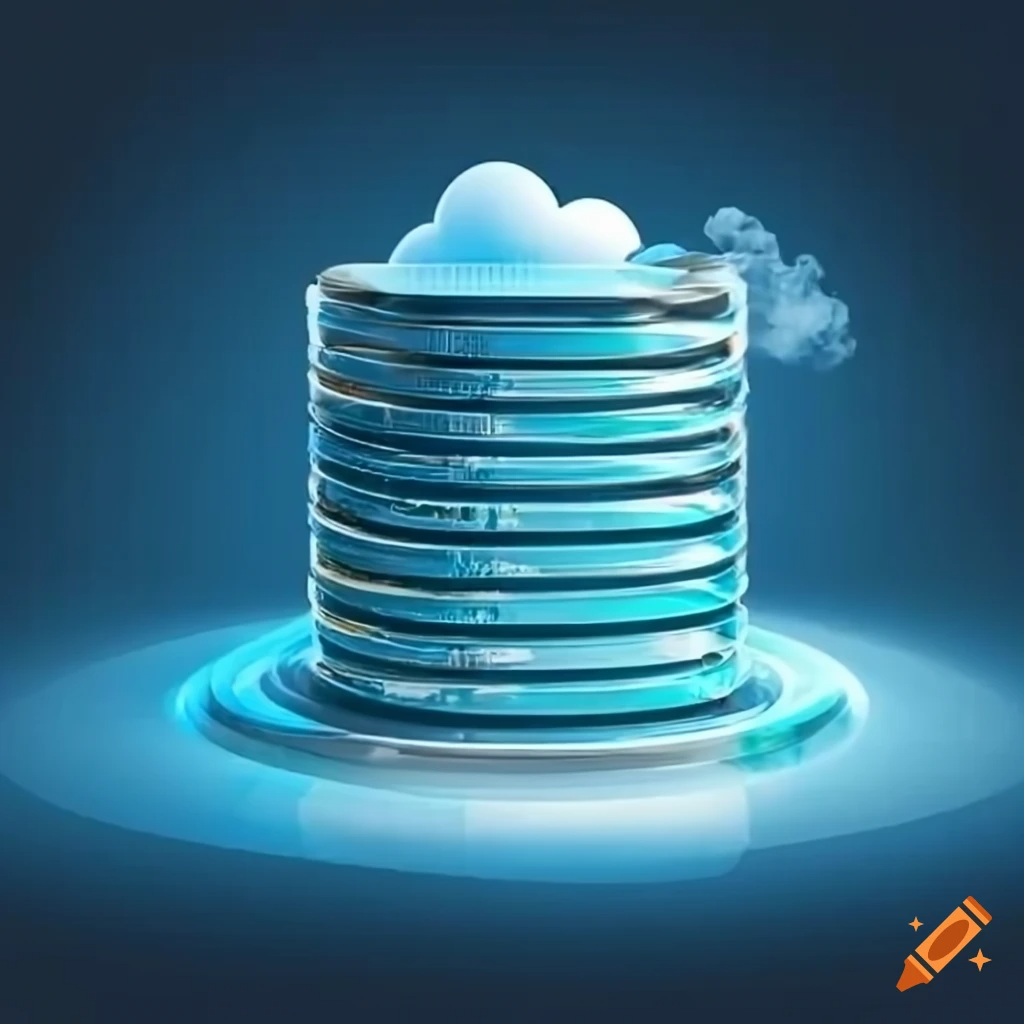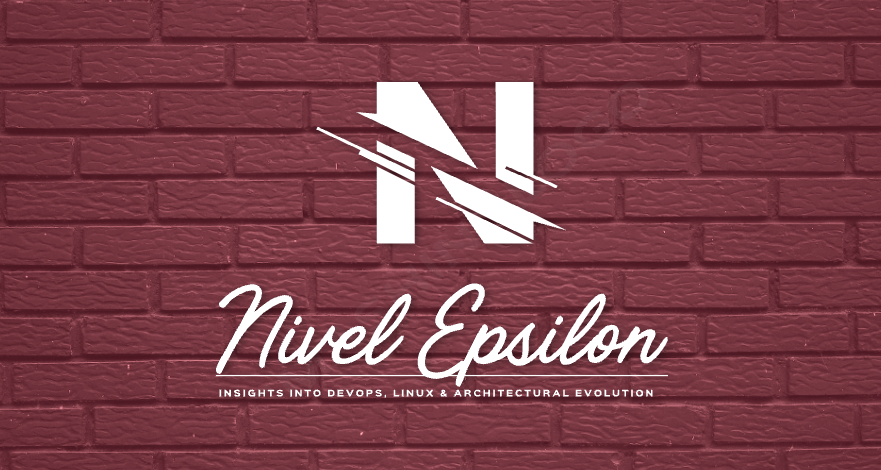
Why Amazon DevOps Guru for RDS is a Game-Changer
Imagine you’re managing a critical database that supports an e-commerce platform. It’s Black Friday, and your website is experiencing unprecedented traffic. Suddenly, the database starts to slow down, and the latency spikes are causing timeouts. The customer experience is rapidly deteriorating, and every second of downtime translates to lost revenue. In such high-stress scenarios, identifying and resolving database performance issues swiftly is not just beneficial; it’s essential.
This is where Amazon DevOps Guru for RDS comes into play. It’s a new service from AWS designed to make the life of a DevOps professional easier by providing automated insights to help you understand and resolve issues with Amazon RDS databases quickly.
Proactive and Reactive Performance Issue Detection
The true power of Amazon DevOps Guru for RDS lies in its dual approach to performance issues. Proactively, it functions like an ever-vigilant sentinel, using machine learning to analyze trends and patterns that could indicate potential problems. It’s not just about catching what goes wrong, but about understanding what ‘could’ go wrong before it actually does. For instance, if your database is showing early signs of strain under increasing load, DevOps Guru for RDS can forecast this trajectory and suggest preemptive scaling or optimization to avert a crisis.
Reactively, when an issue arises, the service swiftly shifts gears from a predictive advisor to an incident responder. It correlates various metrics and logs to pinpoint the root cause, whether it’s a suboptimal query plan, an inefficient index, or resource bottlenecks. By providing a detailed diagnosis, complete with contextual insights, DevOps teams can move beyond mere symptom alleviation to implement a cure that addresses the underlying issue.
Database-Specific Tuning and Recommendations
Amazon DevOps Guru for RDS transcends the role of a traditional monitoring tool by offering a consultative approach tailored to your database’s unique operational context. It’s akin to having a dedicated database optimization expert on your team who knows the ins and outs of your RDS environment. This virtual expert continuously analyzes performance data, identifies inefficiencies, and provides specific recommendations to fine-tune your database.
For example, it might suggest parameter group changes that can enhance query performance or index adjustments to speed up data retrieval. These recommendations are not generic advice but are customized based on the actual performance data and usage patterns of your database. It’s like receiving a bespoke suit: made to measure for your database’s specific needs, ensuring it performs at its sartorial best.
Introduction to Amazon RDS and Amazon Aurora
Amazon RDS and Amazon Aurora represent the backbone of AWS’s managed database services, designed to alleviate the heavy lifting of database administration. While RDS offers a streamlined approach to relational database management, providing automated backups, patching, and scaling, Amazon Aurora takes this a step further, delivering performance that can rival commercial databases at a fraction of the cost.
Aurora, in particular, presents a compelling case for organizations looking to leverage the scalability and performance of a cloud-native database. It’s engineered for high throughput and durability, offering features like cross-region replication, continuous backup to Amazon S3, and in-place scaling. For businesses that prioritize availability and performance, Aurora can be a game-changer, especially when considering its compatibility with MySQL and PostgreSQL, which allows for easy migration of existing applications.
However, the decision to adopt Aurora must be made with a full understanding of the implications of vendor lock-in. While Aurora’s deep integration with AWS services can significantly enhance performance and scalability, it also means that your database infrastructure is closely tied to AWS. This can affect future migration strategies and may limit flexibility in how you manage and interact with your database.
For DevOps teams, the adoption of Aurora should align with a broader cloud strategy that values rapid scalability, high availability, and managed services. If your organization’s direction is to fully embrace AWS’s ecosystem to leverage its advanced features and integrations, then Aurora represents a strategic investment. It’s about balancing the trade-offs between operational efficiency, performance benefits, and the commitment to a specific cloud provider.
In summary, while Aurora may present a form of vendor lock-in, its adoption can be justified by its performance, scalability, and the ability to reduce operational overhead—key factors that are often at the forefront of strategic decision-making in cloud architecture and DevOps practices.
Final Thoughts: Elevating Database Management
As we stand on the cusp of a new horizon in cloud computing, Amazon DevOps Guru for RDS emerges not just as a tool, but as a paradigm shift in how we approach database management. It represents a significant leap from reactive troubleshooting to a more enlightened model of proactive and predictive database care.
In the dynamic landscape of e-commerce, where every second of downtime can equate to lost opportunities, the ability to preemptively identify and rectify database issues is invaluable. DevOps Guru for RDS embodies this preemptive philosophy, offering a suite of insights that are not merely data points, but actionable intelligence that can guide strategic decisions.
The integration of machine learning and automated tuning recommendations brings a level of sophistication to database administration that was previously unattainable. This technology does not replace the human element but enhances it, allowing DevOps professionals to not just solve problems, but to innovate and optimize continuously.
Moreover, the conversation about database management is incomplete without addressing the strategic implications of choosing a service like Amazon Aurora. While it may present a closer tie to the AWS ecosystem, it also offers unparalleled performance benefits that can be the deciding factor for businesses prioritizing efficiency and growth.
As we embrace these advanced tools and services, we must also adapt our mindset. The future of database management is one where agility, foresight, and an unwavering commitment to performance are the cornerstones. Amazon DevOps Guru for RDS is more than just a service; it’s a testament to AWS’s understanding of the needs of modern businesses and their DevOps teams. It’s a step towards a future where database issues are no longer roadblocks but stepping stones to greater reliability and excellence in our digital services.
In embracing Amazon DevOps Guru for RDS, we’re not just keeping pace with technology; we’re redefining the benchmarks for database performance and management. The journey toward a more resilient, efficient, and proactive database environment begins here, and the possibilities are as expansive as the cloud itself.


